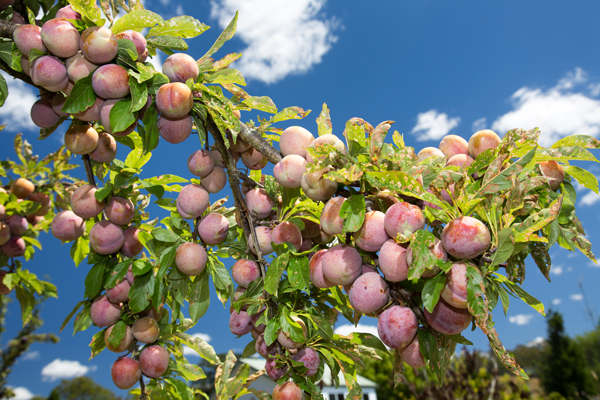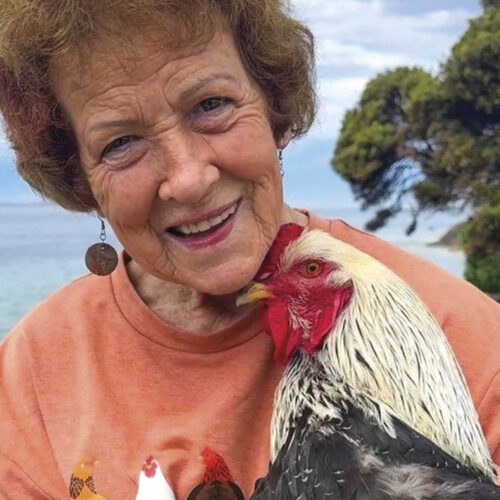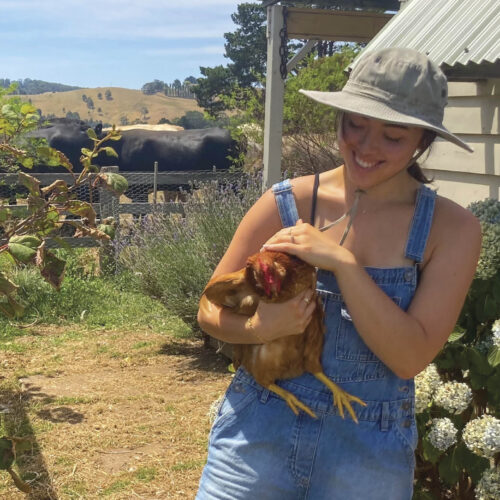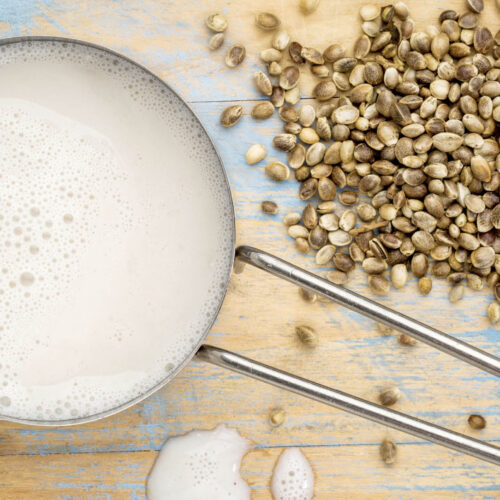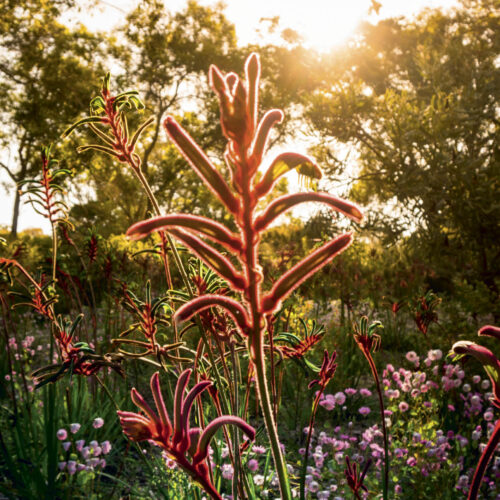Chemical warfare
2014-04-23T02:55:49+10:00
Commercially grown plums are exposed to a chemical cocktail of pesticides and herbicides, writes TIM MARSHALL.
I grew up in Adelaide, where home gardens generally had a selection of fruit trees. My parents grew plums, a number of rental properties I lived in had plums, and later in my small farm in the Adelaide Hills I planted seven varieties of plums that provided fruit from Christmas through to Easter, starting with the early Santa Rosa and Black Amber varieties, and finishing with Black Diamond and Angelino.
Most gardeners would think of plums as amongst the hardiest and most self-sufficient fruit trees. It is surprising then to see the long list of chemicals that are registered for use in non-organic plum orchards. These chemicals include herbicides such as the familiar but controversial Glyphosate and Paraquat. Permitted fungicides and insecticides include the exceptionally controversial Fenthion, an organophosphate with proven human nervous system affects and one of very few chemicals permitted for killing pest birds in certain circumstances. Permitted chemicals also include fruit thinning products used to remove excess flowers and fruit and post-harvest dips to protect fruit from deterioration through the handling and distribution system.
On the organic production side, commercial organic plum growers who operate outside of fruit fly areas use minimal sprays. They concentrate on good general husbandry to grow a healthy tree, prune minimally for easy access to fruit and to let sunlight into the tree, and feed the tree with compost and simple organic fertilizers. If pests occur above tolerable levels, they use physical controls and barriers such as a thin line of non-drying glue around the trunk to stop climbing insects, including ants that protect encourage scale and aphids. If sprays are necessary, they select the least toxic option such as the bacterial spray Bacillus thuringiensis (Bt) for caterpillars, Spinosad for thrips and leafminers, vegetable oils for scale insects and insecticidal soaps (potassium fatty acid) for aphids and other sucking bugs. Netting is also used against birds and other wildlife.
You certainly will be avoiding unnecessary chemicals on food if you grow your own plums, or buy organic produce from farmer’s markets.
Tim Marshall is an organic expert and author of The New Organic Gardener.

